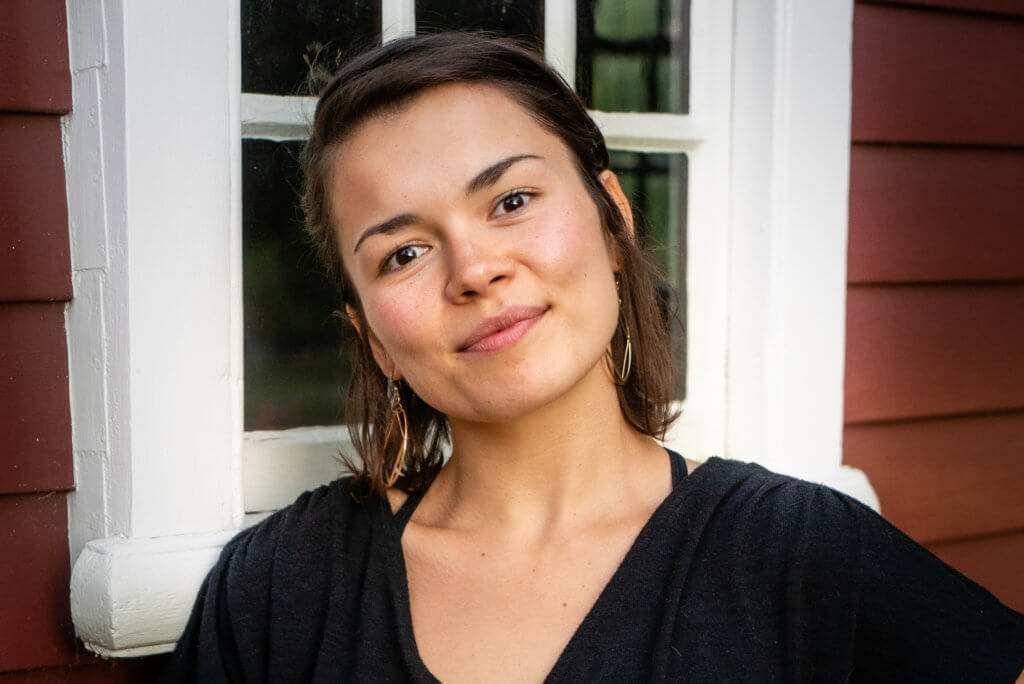Episode
Highlights
ESL KID
“I am an ESL kid. I learned English at school. And at home, you know, I would roll my eyes after learning English because I would want to use it at home and mommy would be like, ‘No, no, no, aquí no se habla inglés.'”
—GISEL BELLO
NYC TO URI
“One of the things that when I moved to Rhode Island, I really, really, really missed from New York City and where I grew up is that… you would hear all different kinds of Spanish, but you would also hear all different kinds of other languages.”
—GISEL BELLO
“I was, in many cases, the only, you know, Latina, the only person of color in a lot of my classes. And that was weird to me.”
—GISEL BELLO
PARENTIFIED CHILD
“You know, in our communities, in Latino communities and Black communities, anything that has to do with mental health is just sort of really taboo. No one really likes to talk about it.”
—GISEL BELLO
“So then I was like, ‘Hey, okay, apparently, like doctors help out with this. Like, I definitely have to become a doctor so that I can help my mom be well again.'”
—GISEL BELLO
“And I ended up going to URI because they gave me the most financial aid and also because it was far enough, but close enough. The parentified child in me was like, ‘I need to get out of here if I’m actually going to do anything with my life.'”
—GISEL BELLO
“My life has always had these two sides to it, right? Like, there’s the me trying to push forward and be this like, modern woman who pursues a career, and then there’s always this family responsibility.”
—GISEL BELLO
MED SCHOOL
“It did not feel like there were other people out here who were both trying to strive and also being tied up in family responsibility. Yeah, it was extremely isolating and at times, you know, I would even say, debilitating.”
—GISEL BELLO
URM TO YOU ARE MED
“A big identity of mine is that I am underrepresented in medicine.”
—GISEL BELLO
“We all are URMs. But we all took different paths to get here. And I wanted to sort of live in that intersection. Like, yes, you’re a medical student, but tell me where you come from. Tell me the road you had to travel in order to be here and the lessons that you learned. “
—GISEL BELLO
“And so that’s like a secondary goal of You Are Med is to humanize doctors to say, ‘Oh shoot that happened to that person. They lived through this thing. That also happened to me.'”
—GISEL BELLO
BENEFICIARY OF THEIR SACRIFICES
“My great grandmother was a self trained midwife. And then I learned that about 50% of the people that still live off of this side of the mountain at La Laguna were brought Earth-side by my great grandmother.”
—GISEL BELLO
“I am the beneficiary of their sacrifices. And that’s not lost on me. And I feel constantly grateful for having the opportunity, not only to sit and think and learn, but to be able to build relationships that actually will be helpful and healing to people.”
—GISEL BELLO

